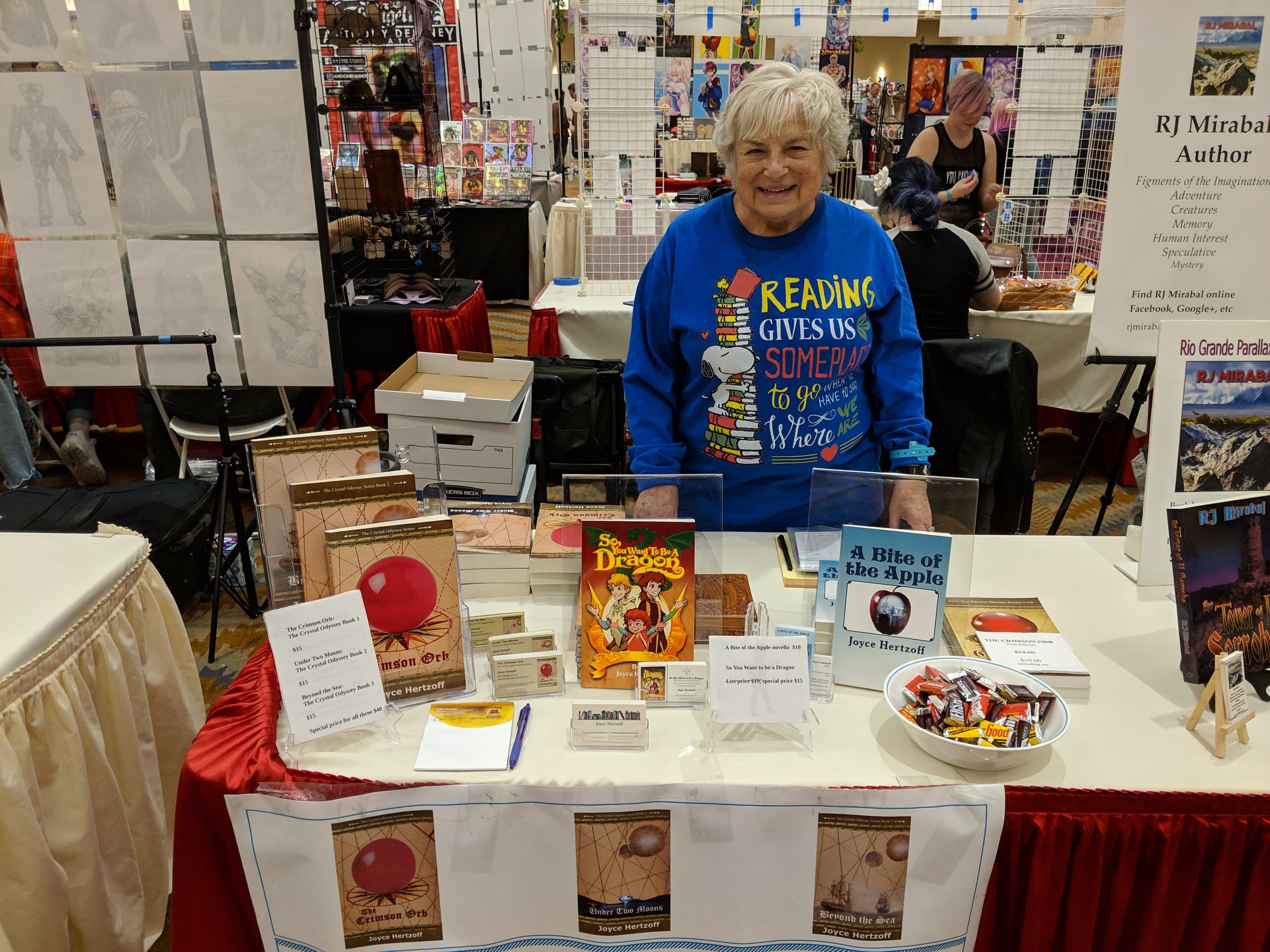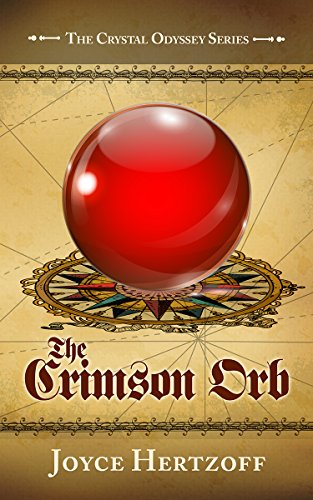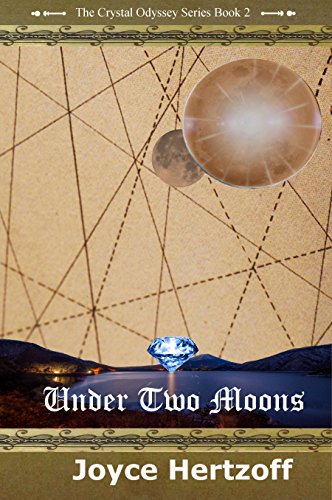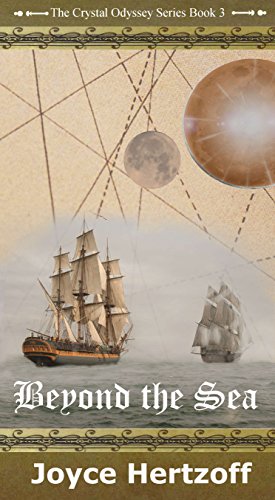As my t-shirt says:
I love to read. I’ve been reading since I was five, I think, usually three or four books at a time, even when I was young. Now I have fifty or more unread books on my Kindle app and at least thirty on my to-be-read piles.
I recently listened to a vlog about monogamous knitting, i.e., knitting only one thing at a time. I’m a polygamous knitter and reader, usually two print and three or four eBooks at a time. Somehow I keep the plots straight.
Once I started a book, I always felt I had to see it through to the end. Then I took a course called The Art of Reading based on lectures by Timothy Spurgin. One precept of that class was to read the first fifty pages before deciding whether or not to go on. If you weren’t engaged in the story, it was quite alright to stop. I've become much more intolerant of books that don't 'grab' me right away. Those that don't stimulate my mind or appeal to my own interests are often set aside, and might never be picked up again. I'm also turned off by books that should have been edited with more care; poor grammar, spelling and paragraph construction make it difficult to read, so I don't bother. I see this most often with self-published books, but this isn't always the case; many self-published books are excellent and well edited, while some poorly proofed books come from established publishers. There are too many books being published now that we have to be more selective in the ones we read. But if we limit ourselves to writers we’ve read before, we miss out on many of the great new ones out there.
Spurgin's lectures say we can all learn to read more artfully, with increased appreciation and absorption of the material the same way we can learn to listen to music or look at any visual art on less than a superficial level. But some of that has to come from the artist that created the book, music or painting and some of it has to draw on our prior experiences. If they haven't infused their work with something meaningful, how are we to create meaning? And if our life experiences haven't prepared us to understand, much less appreciate the work, how can we?
Spurgin emphasizes that he's talking about Literary fiction (with a capital L). But I contend that what he says about characters is applicable to all sorts of stories. We wouldn't read what he calls pulp fiction if the characters weren't interesting, rounded, surprising. Likability is not necessary. Often I find the antagonist in a story more interesting than the protagonist, especially when the author paints the hero as someone who can do no wrong, who is admired by all, and/or is the handsomest/most beautiful character in the story. In stories where the author takes the time to give the bad guy a history that explains his current behavior, then that antagonist can elicit sympathy even more than the protagonist. The good gal sometimes has no internal conflicts, but those doing wrong do. They feel guilt and fight with their inclination to be evil.
I find extensive, detailed recitations about what something or someone looks like usually takes me out of the story. Spurgin says descriptions can trap us. That's a major tool of the mystery story, but can be used sparingly for any genre.
Descriptions should serve a purpose in a story. We don't have to know the hair color of every minor character, unless it's important, say when everyone else has blond hair but that serving girl is a brunette and this figures in the story. Does it matter that a character has brown hair or black? If so, than describing it is fine.
Frankly, I rarely pay much attention to style when I'm reading unless it's unusual, such as the style one of my favorite writers, Rumer Godden uses.
Lovejoy to her continual disgrace, could hardly read. ‘She has changed schools too often and missed too much,’ the Inspector had told Mrs. Combie severely. That was true. When Lovejoy and her mother first began to come to Catford Street between their bookings, Lovejoy had appeared and disappeared so often in school that the teacher asked her, ‘Are you a canal child?’ Canal children sometimes came to school if their fathers’ barges had to go into the dock for repairs. Lovejoy had said nothing but she had been mortally offended. ‘Do I look like a canal child?’ she might have said. An Episode of Sparrows by Rumer Godden
I've tried to write that way and found I couldn't sustain it. But that’s just it. If a writer has a unique style or voice and can sustain it throughout a book, we enjoy that novel all the more. I've enjoyed books in all kinds of styles. Perhaps paying attention to style is one way we can read artfully.
I have a hard time with authors who are so ambiguous, so opaque, that I can't even grasp what they're saying or even what their story is about. I don’t want to have to think too much when I read for pleasure, but that’s not to say I don’t want to think at all.
Probably the most important for me is a bit of mystery or intrigue. Spurgin used Marquez's 100 Years of Solitude as an example.
Many years later, as he faced the firing squad, Colonel Aureliano Buendía was to remember that distant afternoon when his father took him to discover ice.
That's a great first line! There've been some great ones used by authors in various genres over the years, but I always look forward to those awards every year for worst opening line. They're so laughable.
I don't go to movies often. Occasionally I'll catch one on Netflix. I've heard that the movie made from The Martian is better than the book, belying the claim that movies are never as good as the book they’re based on.
Like others, I always develop my own idea of what a character looks like, even if the author doesn't say and then I’m disappointed by the movie (or TV) version; lately, though, I believe producers and directors are more careful casting characters.
I don't know how often it happens now, but years ago, it was popular to novelize popular movies. Those books were often not much more than the script, reformatted to a novel. Never very good because they lost some of the action and expressions in the movies.
What reading taught me was that I…had at least one story that needed to be told…that other people’s stories could speak to me in ways I never imagined…that the story I had to tell could speak to other people in ways I never dreamed. ~ Glynn Young
***
I want to thank Joyce Hertzoff for stopping by my Scribbles Page today and sharing her thoughts on reading. If you have questions for Joyce leave them below, or you can find her on Social Media, see the links below. As always if you enjoyed this content and want to help spread the word not only about Joyce Hertzoff like and share below. What do you look for in a book? What is requirement to read a story? Tell us below. Until next time have a great week.
About Joyce Hertzoff:
Joyce Hertzoff retired in 2008 after forty-five years in the scientific literature publishing business. The Crimson Orb, the first novel in the Crystal Odyssey series, was originally published by the Phantasm Books imprint of Assent Publications in June, 2014. The flash mysteries, Natural Causes and Say Cheese were published in the anthologies The Darwin Murders and Tasteful Murders. A short story, Princess Petra, appears in The Way Back anthology and another one, A Woman Hobbles Into a Bar appears in the charity anthology Challenge Accepted.. Her young adult fantasy novella A Bite of the Apple, published in 2016, won the New Mexico Press Women’s fiction contest prize in the YA category. It earned second place in the National Federation of Press Women contest. In 2017, she republished The Crimson Orb and published the sequel, Under Two Moons. In March 2018, she published the third book in that series, Beyond the Sea as well as a middle grade book, So You Want to be a Dragon. Joyce often shares a booth at conventions and markets with RJ Mirabal.
She is a mentor and facilitator at Writers Village University, an online university offering MFA certificates. She is managing editor for the school’s MFA program eZine; The Village Square. She’s also a member of Southwest Writers.
Where to Find Joyce:
Website: http://joycehertzoffauthor.com
Author Blog: www.hertzoffjo.blogspot.com
Facebook: https://www.facebook.com/joyce.hertzoff.3
Twitter: https://twitter.com/JoyceHertzoff
Book website: www.fantasybyjoycehertzoff.com
Pinterest: http://pinterest.com/jhertzof
Goodreads https://www.goodreads.com/author/show/7793384.Joyce_Hertzoff
Amazon: https://www.amazon.com/Joyce-Hertzoff/e/B00KVSPXWG/ref=dp_byline_cont_ebooks_1
About Joyce Hertzoff’s books:
A Bite of the Apple is a novella. It won the New Mexico Press Women’s Association prize for YA fiction in 2016.
Short Blurb: Anabet Haines dreamed about traveling from the family farm to the exotic places her Aunt Gillian described, so when her aunt recruited her as the next portal traveler, Bet jumped at the chance. In the capital of Nokar, Bet and Gill were tasked with traveling through a portal to locate a thief, Rolf Peters, and the portal key he stole.
After one lesson in hand-to-hand combat and the use of a knife from weapons instructor Morgan, a visit to Cass the magician to obtain a substitute key for the portal, and a dressmaker for appropriate clothing for the journey the situation escalated. A rebel group threatened the High Council and abducted Morgan, forcing Gill to remain behind while Bet had to travel alone.
Cass provided Bet with a green apple as the substitute portal key, and three enchanted red apples to help her find anything that isn't natural to the world at the other end of the portal. He led Bet to the entrance to the portal and sent her on her way.
With little training, four enchanted apples and a knife from Morgan, can Bet locate the thief and return him to Nokar? Or has she bit off more than she can chew?
Click here to buy.
The Crystal Odyssey series:
The Crimson Orb: While others seek the Crimson Orb, teenage Nissa searches for her mysteriously missing magic teacher, Madoc the wizard, and discovers how little she knows about her world and how resourceful she can be.
Click here to buy.
Under Two Moons: In the sequel to The Crimson Orb, Nissa, Madoc and their siblings seek the source of two mysterious books. Instead, they learn the truth about their world and its two moons.
Click here to buy.
Across The Sea: In the third story in the series, Nissa, Madoc, their siblings and friends continue their search for the source of Madoc's books, hoping the technology one shows is still alive in the continent of Fartek, across the Great Sea.
Click here to buy.
So You Want to be a Dragon: When the harbor of Lorando is torched by three dragons, Bekka, her little sister Cora and their neighbor Derry devise a plan to keep the dragons away. They will parlay with the dragons, plead with them. But to get close enough to do that, they must transform themselves into dragons. They ask a shapeshifter for help, and he reluctantly tells them the steps needed to take on the form of a dragon. Can the three children achieve their plan to convince the dragons to leave Lorando alone? If they do, how will they shift back into their human forms?
Click here to buy.
Challenge Accepted: A Charity Anthology: A blind spaceship pilot. Cops and maintenance personnel in wheelchairs. Taking on bad guys with only one leg or no arms. It's not what you are that makes you something special. It's who you choose to be. Seventeen stories about people who rise above anything that tries to stop them, even their own limitations.
Click here to buy.







